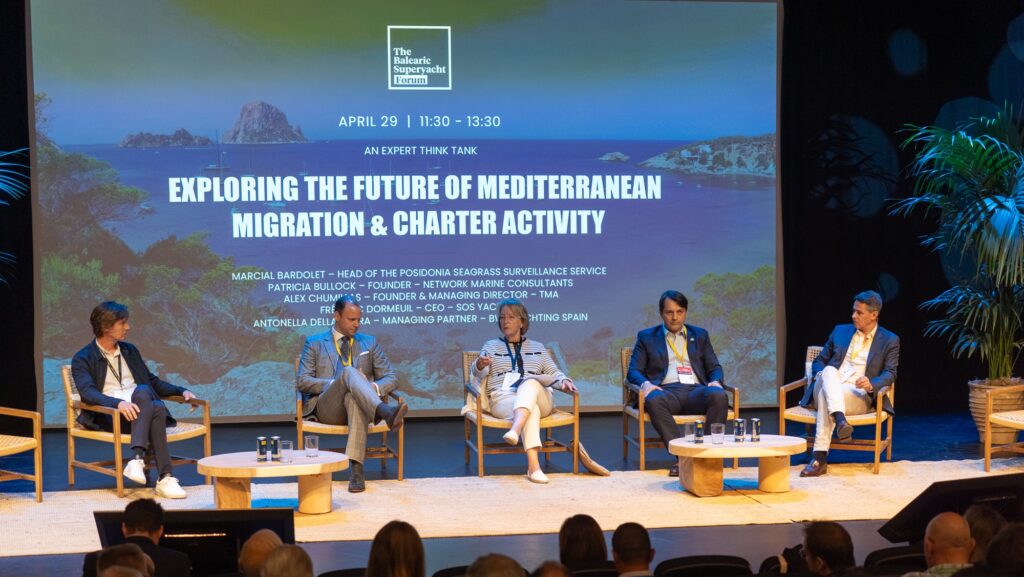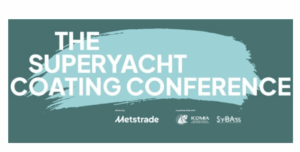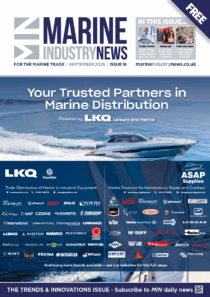Eastern Med takes lead as clearer charter rules shift superyacht traffic . . . but for how long?

The eastern Mediterranean is quietly taking command of the region’s superyacht economy. Greece and Turkey have recognised that the key to competitiveness lies not in coastline or climate but in regulatory clarity. Over the past decade, Greece has simplified charter licensing, streamlined administration, and extended marina concession periods. Turkey has also taken steps to regulate and license yacht charter and marina operations — while much of the western Med continues to debate policy and interpretation.
According to an operations think tank during The Balearic Superyacht Forum 2025, there is a gradual migration of yacht traffic. The deciding factor is no longer beauty or infrastructure, but how easy and safe it is to operate. Regulation itself is now determining where fleets base and where investment flows.
If not to the Mediterranean, superyachts are increasingly heading further afield. French Polynesia now welcomes over 200 visiting yachts annually, while Thailand and Australia continue to report steady charter growth. These destinations offer clearer tax rules, simpler licensing, and digitally managed entry procedures — giving operators the predictability they can struggle to find in Europe.
Thus, industry leaders have warned that Europe’s most valuable maritime economy risks eroding its position without coordinated reform. The message was blunt: structure, clarity and unity must replace the current legal patchwork.
Among the measures discussed were:
- forming a Mediterranean Superyacht Federation to advocate at EU level
- building a centralised knowledge hub for VAT, charter and customs guidance
- introducing a ‘charter passport’ to simplify cross-border access, and
- developing joint training and awareness programmes for both regulators and industry professionals.
As one participant noted: “This isn’t about deregulation — it’s about consistency.” Without a shared framework, Europe risks fragmenting an industry that underpins thousands of coastal livelihoods.
Across what should be a unified market, there are more than 700 VAT structures, according to Frédéric Dormeuil (SOS Yachting). Some overlap; others contradict. The result is hesitation and lost confidence. The think tank was told that non-EU owners often avoid Spain and Italy, while operators relocate fleets to clearer jurisdictions.
In economic terms, the stakes are high. In Italy alone, the nautical sector contributes around €27 billion and sustains more than 100,000 jobs. Yet, as Patricia Bullock (Network Marine Consultants) observes, many policymakers still see yachting as indulgence rather than industry.
Fragmentation runs deep. Each segment — shipyards, brokers, agents — has representation, but little coordination. Theo Hooning (SYBAss) argues that without a Mediterranean-wide federation capable of speaking with authority in Brussels, the sector remains politically weak.
Progress is emerging. Alex Chumillas, co-president of the Superyacht and Business Aviation Think Tank, is leading an initiative to create a permanent advocacy mechanism representing both industries before European institutions. The goal is to ensure decisions on charter access, taxation and environmental compliance are made with industry input, not political expediency.
If the Mediterranean is to retain its global benchmark status, it must do two things: simplify its rules and communicate its value. Yachting is not merely luxury; it is a source of employment, training and innovation across Europe’s coasts. Without coherence and shared advocacy, the region’s long-held dominance could continue to drift.










Leave a Reply